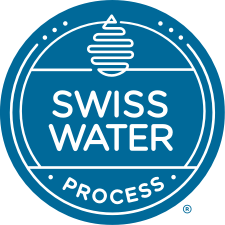We offer a variety of Fairtrade Certified decaffeinated coffees. Because we believe being fair with the people who make coffee possible at ground zero is the only way to do business. Fairtrade connects farmers, businesses, and consumers in sustainable and meaningful ways. Fairtrade principles are there to ensure fair prices, fair labor conditions, democratic and transparent organizations, community development, and environmental sustainability.
Our Promise: No Added Chemicals, Ever.
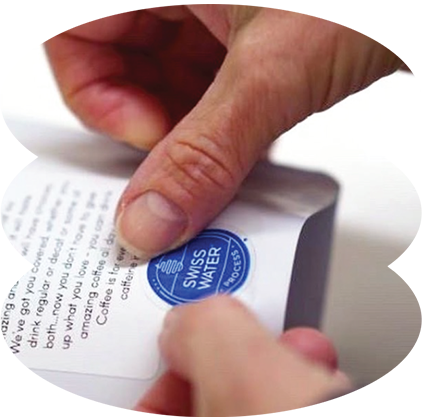
You can trust the Swiss Water® Process
We use only water, temperature, and time to gently remove caffeine, while preserving all the coffee’s original characteristics. Our seal means you’re getting the very best cup of decaf, free of chemicals or residual processing flavors.
Learn MoreAll decaffeination processes are not created equal.
The Swiss Water® Process is certified organic and
we have always been committed to processing
without added chemicals.
Methylene Chloride
A widely-used method of chemical solvent decaffeination uses Methylene Chloride, or dichloromethane, to remove caffeine particles from coffee. Unfortunately, it's not the safest substance, and has been banned in paint thinners and other industrial products for its toxicity. The use of Methylene Chloride as a decaffeination solvent is ages-old, but personally, we’d prefer to avoid even the smallest amount in what we consume.
Ethyl Acetate, Sugarcane, or 'Natural' Decaffeination
Another popular chemical solvent method is Ethyl Acetate, or acetylated ethyl alcohol. While it can be naturally derived, and is sometimes described as a natural process, at commercial scale, synthetic production is required. When used to decaffeinate, Ethyl Acetate changes the flavor of the coffee, adding a lingering fruity characteristic. We’d prefer our coffee to taste the way it was intended.
Carbon Dioxide
Carbon dioxide (or CO2) occurs naturally, but for commercial use is generally distilled from industrial byproduct. As a decaffeination medium, CO2 is used under pressure to improve its extractive properties. The CO2 process does not use chemical solvents.

Certifications
Our process ensures coffee certifications remain intact, including Organic*—a promise chemical solvent processes can't make. Learn more about our certifications below.
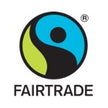

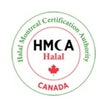
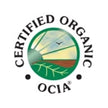


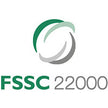
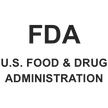
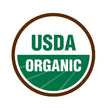
*OCIA certification is applicable only to non-roasted green coffee described on this site, unless otherwise specified.
